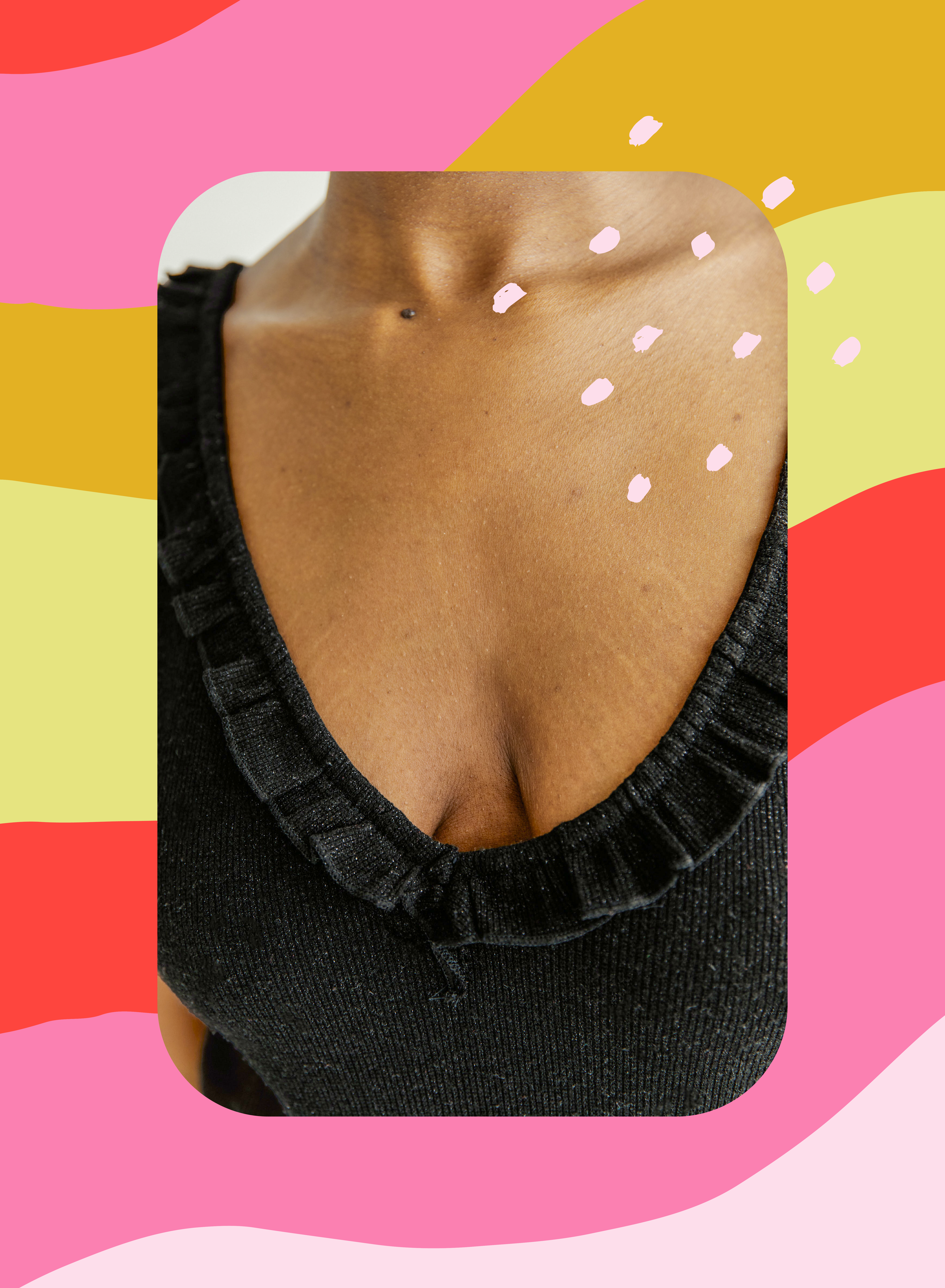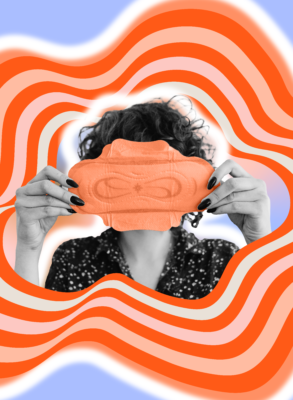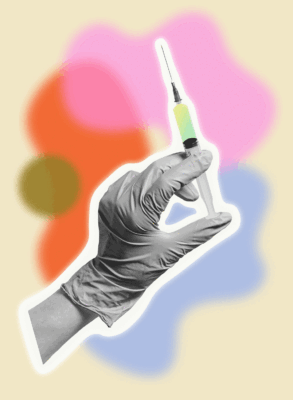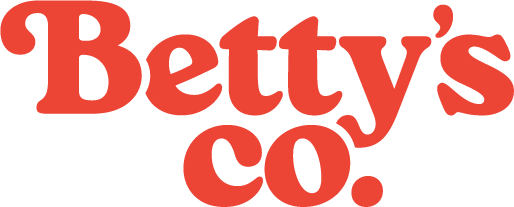A breast cancer blog in November? Did we miss the memo and the pink ribbons all through October? Nope! While Breast Cancer Awareness might’ve lasted the month, body literacy doesn’t take a break. And this is especially important when considering breast cancer.
Here’s why: Breast cancer is typically found by the woman herself. This happens in almost half of all cases of breast cancer in women aged 50 years and older. For Betties under 50, more than 70 percent of cases of breast cancer are found by the women themselves.
~WoAh~ 😳
A combination of factors contributes to a breast cancer diagnosis, some of which are out of a Betty’s control, like genetics. But early detection is key, which means you do have some health authority here! Let’s introduce you to a bosom friend, breast self-awareness, and how to practice it for year-round awareness and prevention.
FIRST: WHAT IS BREAST CANCER?
Breast cancer occurs when the cells within the breast grow out of control. There are various types of breast cancer, depending on what cells in the breast become cancerous. This disease is a massive health issue for women+, impacting about 264,000 women each year in the U.S.
Breast cancer typically affects women aged 50+, but there is a (v rare) chance that a Betty develops it at a younger age. Because this disease can impact any Betty, you’ve got to stay sharp! 👀 🔍 One of the ab-so-lute best tools to help you detect any symptoms is to practice breast self-awareness.
View this post on Instagram
OKAY, WHO’S THIS BREAST SELF-AWARENESS?
Breast self-awareness is a form of body literacy that focuses on getting to know your breasts better and staying in tune with their changes! Here’s how you can practice it:
AWARENESS OF YOUR breasts
What is *your* normal?
Size, shape, skin color and texture, presence of freckles or moles, hair, nipple size + shape – identify and get to know the features that may be distinctive, but normal to you! Once you have a sense of what is normal for your breasts, you’ll be able to spot any changes—big or small. This can be a huuuuge help when advocating for yourself in the office and expressing concerns to your GYN provider.
Once you’ve become bosom bodies with your bosom(🙃), you’ll be able to spot a rogue freckle, rash, lump or other irregularity and hit up your provider.
AWARENESS OF YOUR risk
What is your family history?
If you have a strong family history of breast cancer (such as a mom or sister with early onset/premenopausal cancer + multiple family members), get allllll the details + meet with your provider to create a screening plan for you.
Women+ have been historically conditioned to ignore + feel shame about their bodies, which can cause us to feel disconnected and ignore the body’s “bells and whistles” if and when eyebrow-raising symptoms pop up.
The irony is, body + breast mindfulness is your most compelling tool (hello, see the earlier stat: 70 percent of breast cancer cases in Betties are self-discovered!!!) you have in catching breast cancer early.
BREAST CANCER SCREENING
Breast self-awareness can take a Betty a loooong way, but once you hit 40, it’s time to throw in an annual screening. Why? The risk for breast cancer increases with age. Most breast cancers are diagnosed after age 50. These regular screenings will help detect cancer at an early and more curable stage, plus shine a spotlight on any non-cancerous breast problems!
BODY LITERACY: BEYOND THE BOOBS
Betties’ bodies are complex. I mean, we’ve got a lifetime of dealing with daily fluctuating hormones! So like breast self-awareness is to breast cancer, body literacy is your superpower for detecting conditions that are preventable + curable. Here are a few ways to up your body literacy game:
Whoooooo is that girl I see? Take a cue from Mulan and getcha self in front of a mirror. You can strip down to your liking or not, it’s your prerogative! Check up, down, and alllllll around. Like breast self-awareness, get to know *your* body’s “normal” and check out your unique features. We can’t develop body literacy if we are strangers to our own!
Yes, we loveeee seeing those 👏 cycles 👏 tracked!👏 Now take it a step further: track your sleep, note any changes to your “normal” and keep tabs on your mental health. A pattern of symptoms will alert you to any concerning trends + give your provider a comprehensive picture of the best next steps.
You don’t know whatcha don’t know! So when in doubt, ask! Your provider can handle your awkward or embarrassing –your health is what matters most!
Betties, awareness months play a huge role in focusing our attention on specific concerns and communities that would otherwise be overlooked. Think of body literacy as active awareness, a preventative practice that could make a significant impact in reducing breast cancer numbers!







Join the conversation